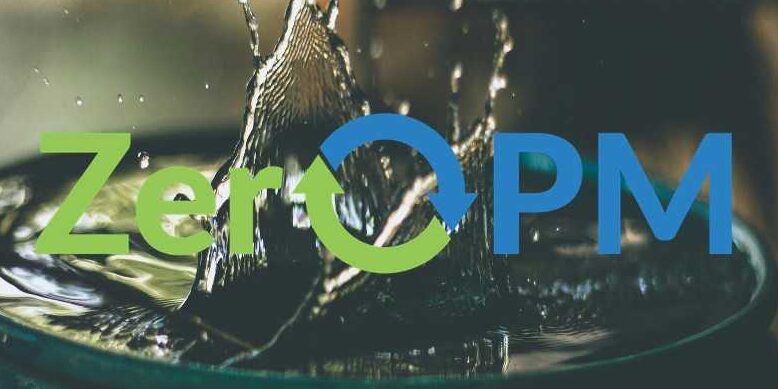Sabine Pahl from the Department of Cognition, Emotion and Methods in Psychology and Mat White from the Cognitive Science Hub are part of “ZeroPM” a Horizon Europe funded research project.
Description: Persistent mobile substances – called PM for short – and PFAS – a group of industrial chemicals comprising thousands of substances, have been used for a long time in a wide variety of industrial and household applications. There is concern not just because these substances have a high persistence and longevity – they accumulate in the ocean and in groundwater – but also because evidence of adverse human health effects is accumulating. They can reach humans via the food chain and remain in the body for a long time. ZeroPM interlinks and synergizes three strategies to protect the environment and human health from persistent, mobile substances: Prevention, Prioritization and Removal. It aims at integrating these strategies through evidence-based multilevel framework. Through this systemic approach to chemical pollution, the EU will be better able to avoid regrettable substitution – substituting one problematic chemical for another -and regrettable remediation.
The goals of the ZeroPM project are: to better understand how risks and benefits of persistent mobile substances are perceived by stakeholders involved (i.e. industry, regulators, the public), to better predict the readiness for responses to possible changes, to identify products and applications that warrant PM usage (“essential use”), and undestand the impact of labels designed according to psychological guidelines. At the University of Vienna, the central task for Sabine Pahl and her team is to bring in an environmental psychology perspective.
Collaborators: The University of Vienna is part of a group with 15 partner institutions within the ZeroPM project.
Duration: 5 years (01.10.2021 – 30.9.2026)
